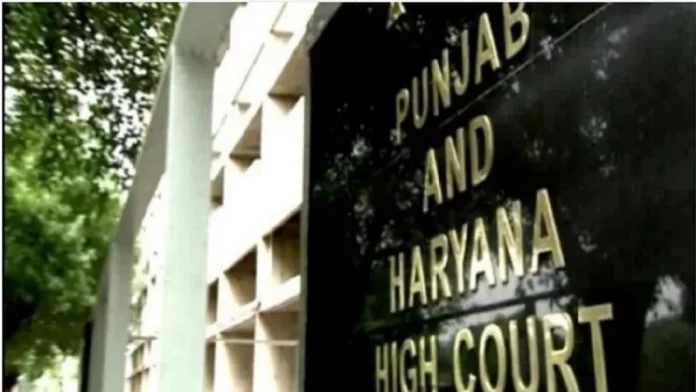The Punjab and Haryana High Court on Thursday handed over to the Central Bureau of Investigation (CBI), the probe in a case related to the alleged assault of an Army officer by the Punjab Police.
The single-judge Bench of Justice Rajesh Bhardwaj said it was convinced that the Chandigarh Police was not only making efforts to ‘create loopholes’ in the probe, but also attempting to make ‘craters’ in the investigation, so as to ensure that once the charge sheet was filed before the Court, the case of the prosecution should hardly be able to crawl.
The High Court pointed out that the purpose of a probe was to bring out the truth, not to supress it.
The success of an investigating agency was in collecting the best of the evidence and presenting the same before the Court, not to fabricate the evidence and submit a hopeless charge sheet, leaving the Court with no other option then to grant the benefit of doubt to the accused, it added.
As per the case, Colonel Pushpinder Singh Bath and his son Angad Singh were allegedly assaulted by officers of the Punjab Police in March this year in Patiala after a dispute over car parking. The policemen, who were in civil clothes, included four Inspector-rank officers.
A First Information Report (FIR) was registered eight days after the incident.
The Army officer later moved the High Court seeking transfer of investigation from Punjab Police.
On April 3, the probe was handed over to the Chandigarh Police, to be headed by an IPS officer of the Arunachal Pradesh-Goa-Mizoram and Union Territory (AGMUT) Cadre.
Bath recently approached the High Court again, alleging that a tainted investigation was going on to shield the officers of Punjab Police.
The Counsel appearing for the Army officer submitted that none of the accused had been arrested. He apprised the Bench that although Bath had suffered a fracture and his son had received eight injuries, police deleted the offence of attempt to murder in the case.
The Counsel appearing for the police said Section 109 (Section 307 of Indian Penal Code) of the Bharatiya Nyaya Sanhita (BNS) was not made out.
The single-judge Bench said after considering the facts and circumstances of the case, it was convinced that the investigation was not being carried out in a free and fair manner by the Union Territory police.
Taking strong took exception to the lack of action against the accused, the High Court said it could not lose sight of the fact that all the accused were service police officials.
Justice Bhardwaj observed that it was the role of a court to ensure a free and fair investigation, even though the investigating agency determined the ‘how and manner’ of the probe.
It said in the present case, the High Court had entrusted the investigation out of the State of Punjab so as to ensure an impartial investigation, however, there was no change in the situation.
The time limit of four months granted by this Court was almost over. Without concluding the probe, the investigating agency had already made up its mind to delete the offence under Section 109 BNS (Section 307 IPC), thus substantiating the apprehension of the petitioner that the probe agency was proceeding in a tainted manner to give benefit to the accused, it added.
A free and fair investigation was the backbone of every criminal trial. If the investigation itself was compromised, the trial before the Court lost its sanctity. The supremacy of the law was independent of the status of the accused, observed the single-judge Bench.
The Court could not remain a moot spectator to the investigating agency conducting the probe in a tainted manner, noted Justice Bhardwaj and transferred the probe to CBI.


